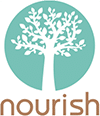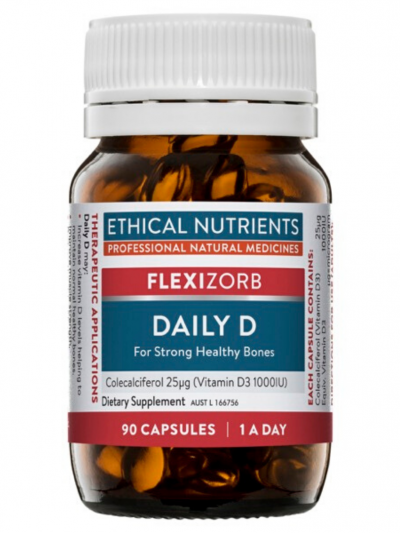Nutrition, Women's Health
What you can do to maximise bone health through all life stages (5 practical tips)
Maintaining a high bone density is something we all need to be mindful of, as achieving a peak bone mass when we are younger is imperative to having strong bones throughout life. Bone mineral density, or bone density, is the amount of minerals that are stored within the bone matrix. The more minerals that are stored in the bones, the stronger the bone matrix will be.
This blog discusses 5 tips to ensure you are maximising your bone health:
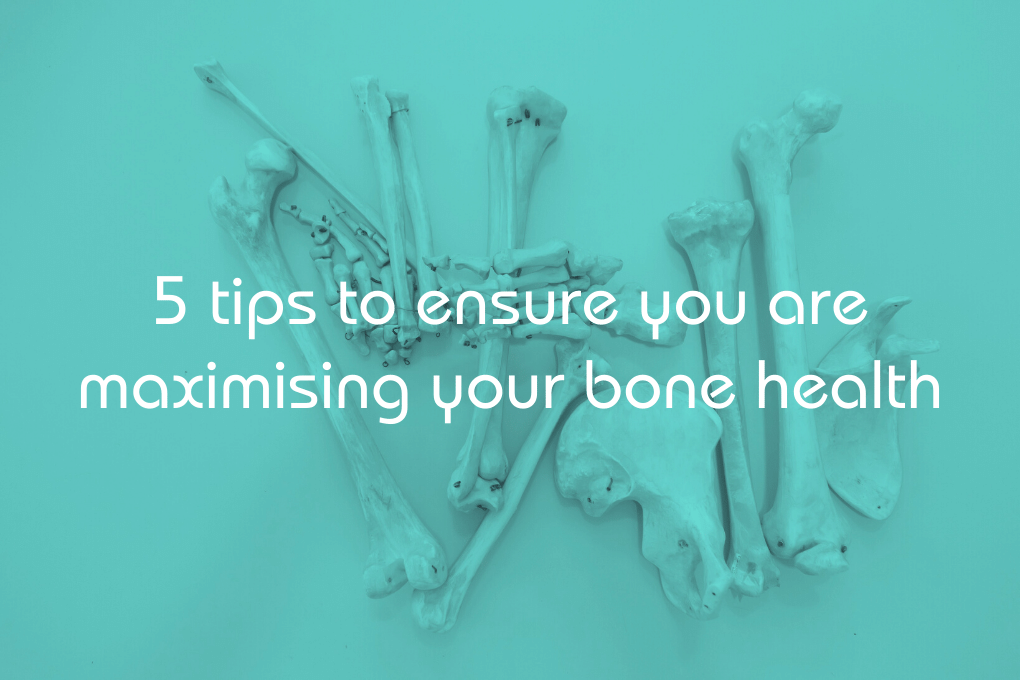
1. Eat your recommended daily intake of calcium.
Calcium is an extremely important mineral when it comes to bone health. Approximately 90% of calcium is stored in the bone matrix, giving them strength and density, and the remaining 10% is found in the blood. Blood calcium levels in the body are tightly regulated and when they beginning to decline, the body will draw on stores from in the bone tissue to maintain optimal levels, which makes it very difficult to identify low calcium density in the bones.
The recommended daily intakes (RDI) of calcium for all age groups are below:
- 1-3 years 500mg/day
- 4-8 years 700mg/day
- 9-11 years 1000mg/day
- 12-18 years 1300mg/day
- 19-51 years 1000mg/day
- 51+ years 1300mg/day
To achieve these recommended intakes, we need to regularly consume foods such as dairy products, dark green leafy vegetables, nuts and seeds, fish with edible bones, and calcium fortified foods such as soy products, cereals, and milk substitutes. To get an idea of how much calcium these foods contain, 1 cup of dairy yoghurt contains 300mg calcium, 1/3 cup almonds contain 122 mg, 2 cups of kale contain 107mg and 85 grams of sardines has 325mg.
Our bone mass peaks in between 25 and 30 years of age, so it is crucial to meet the RDI throughout childhood and adolescence to give ourselves the chance to reach the highest peak bone mass possible. After this time, our bone density will never reach a higher point and at around 40 it will begin to decline.
Osteoporosis is a skeletal condition when bone density is too low, meaning the risk of fractures is much higher, and the healing process takes much longer. Although this is thought of as a disease that effects the older generation, it can occur in people of any age who have suffered from malnutrition or under eating where nutrient deficiencies have been present. As mentioned, it is difficult to identify low calcium stores and is therefore hard to diagnose osteoporosis. The most common method is through a bone mineral density test.
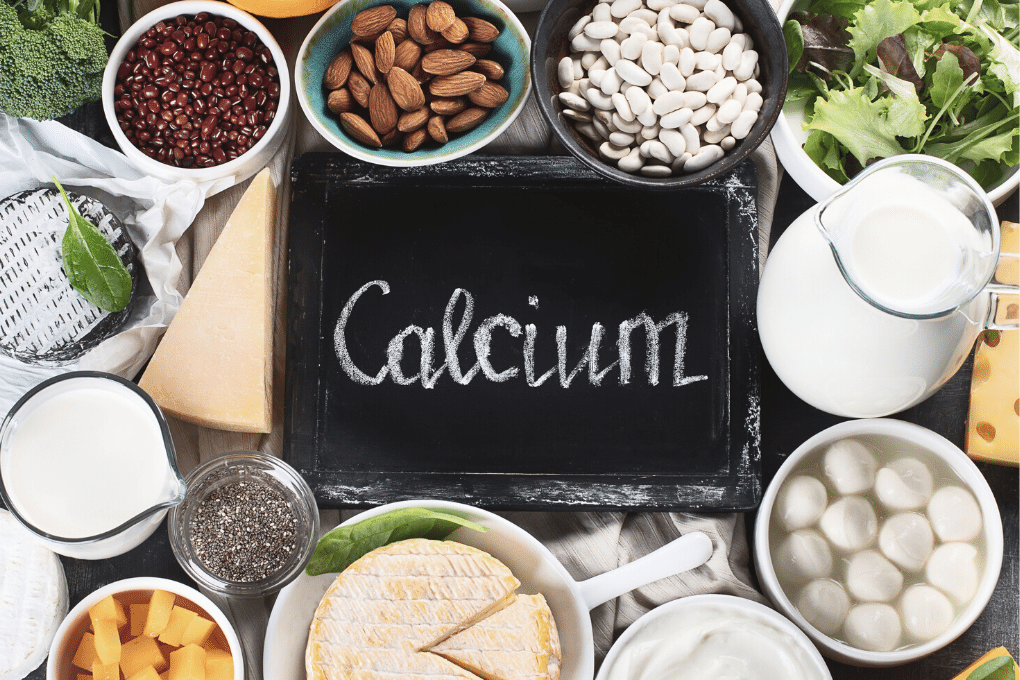
2. Get enough Vitamin D
Vitamin D acts as an important hormone in the regulation of calcium. It assists in calcium being stored and released from the bones, as well as regulating the absorption of calcium in the intestines. Even in Australia during the winter months, 50% of the population become deficient in vitamin D. This can subsequently impact bone density, leading to bone demineralisation and as a result weaker brittle bones, increasing the likelihood of fractures. To optimise your vitamin D stores, can try to get out in the sun when possible and supplement where necessary if blood test results show low levels.
Listen to our Podcast on Vitamin D HERE

3. Eat enough protein
Protein is a large component of all cells, including bone cells making up around 50% of their volume, therefore is a key nutrient for bone health and the prevention of osteoporosis. As bones go through constant remodelling processes, regular intake of amino acids (protein) and minerals is required for optimal bone health. This is easily doable through the diet by consuming meat or meat alternatives, eggs, legumes, beans and wholegrains.

4. Participate in muscle strengthening exercise
Participating in 30 minutes of resistance exercise training, or weight bearing activity twice a week is the current recommendation to maintain a healthy bone density. Examples of these exercises include yoga, pilates, weight sessions, stair climbing and gardening. Research indicates that while walking is not found to strengthen bone mass, it can inhibit progressive loss of mineral stores in the bones. As muscles are attached to bones by connective tissue, when participating in these activities the tugging and pulling motion of the muscle on the bones stimulates the bone building cells into action resulting in stronger, denser bones.
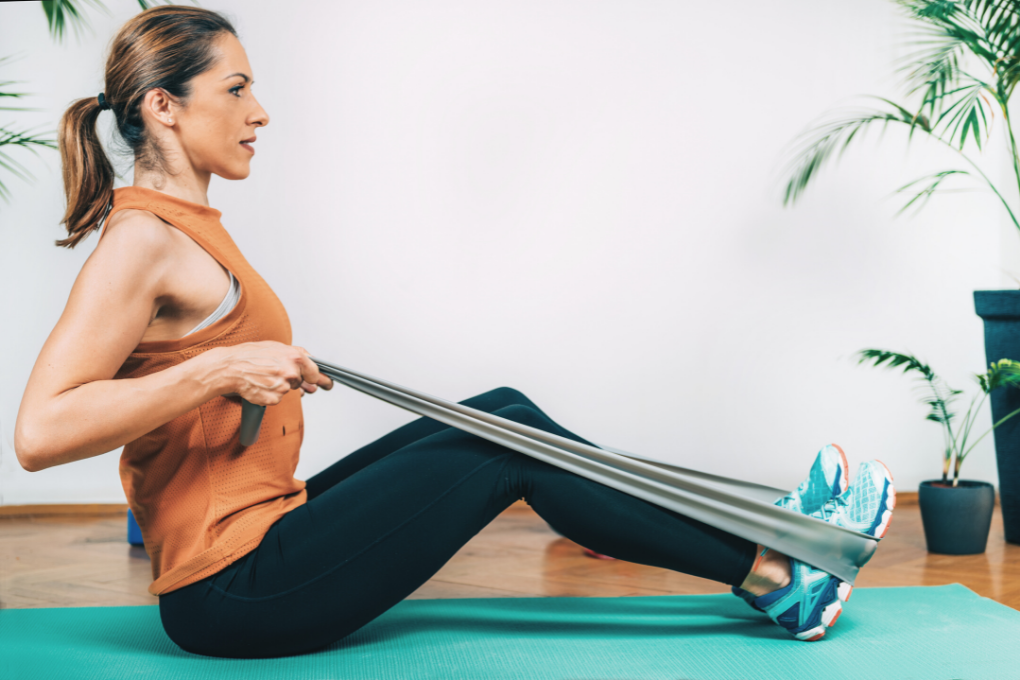
5. Supplement where necessary
For some individuals’ supplementation of calcium, vitamin D or other bone building nutrients such as vitamin K or boron may be required to increase bone density where amounts are not high enough in the diet. This may be the case for vegans or others who are not consuming enough in the diet, individuals who have suffered malnutrition, or who are on certain medications.
In summary
The key takeaway message is that low bone density, or weak bones, does not only occur in the older population. We need to be conscious of our bone health at all ages to prevent getting conditions such as osteoporosis in the future. Following these 5 tips will give you the best chance at achieving a high peak bone mass and therefore maintain strong bones throughout your life.
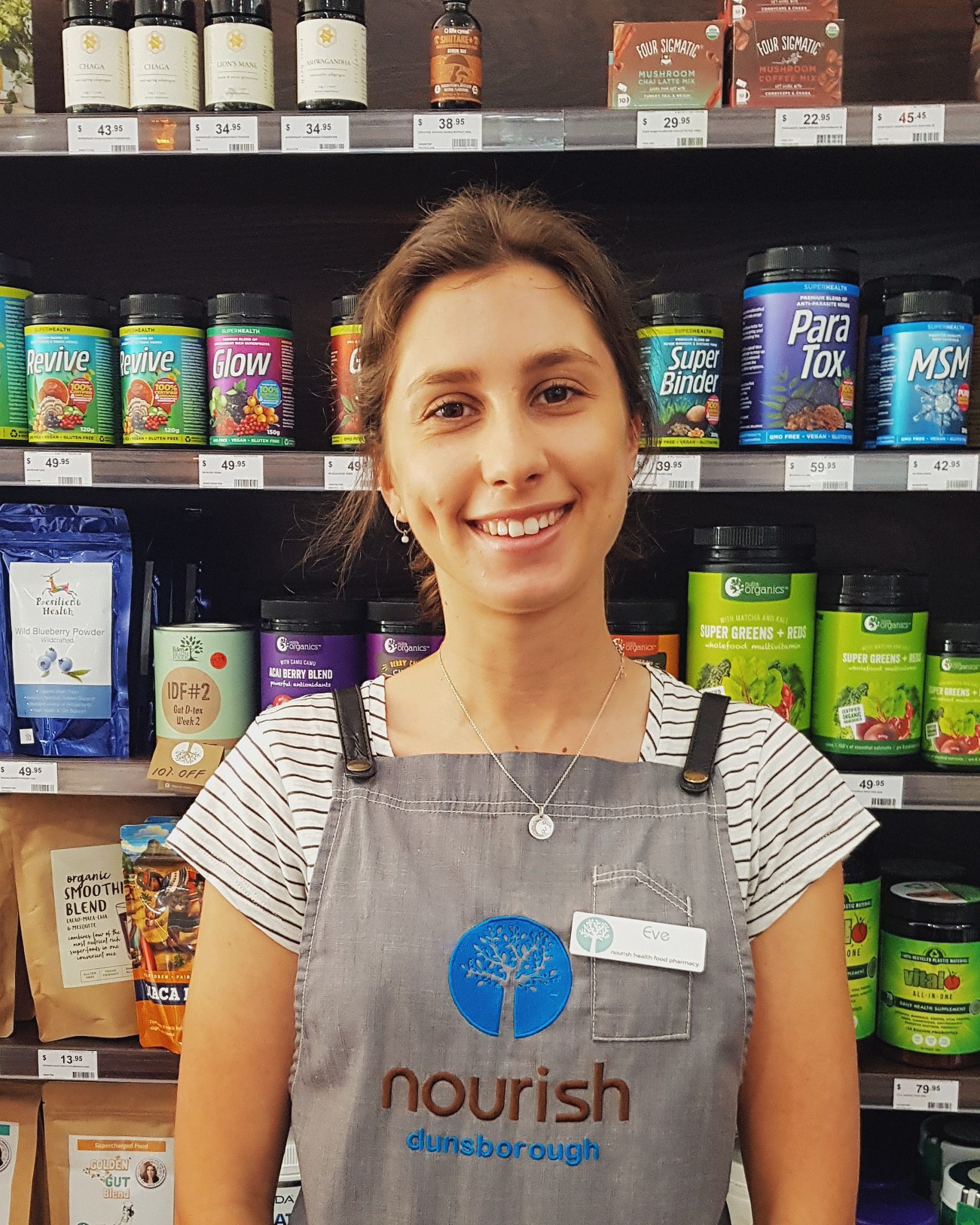
Eve
Nutritionist
This blog post was written by Eve Bishop, Nutritionist at Nourish Health

